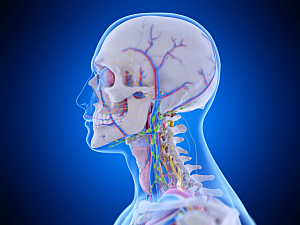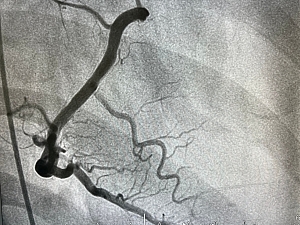Advancing AI to Help Predict, Diagnose, Treat, and Address Equity Issues in Cancer

Brigham and Women’s Hospital and Dana-Farber Cancer Institute radiologists and radiation oncologists are at the forefront of harnessing the power of AI to change patients’ lives, as reflected in several recent research projects. Learn about the work of Michael H. Rosenthal, MD, PhD, Benjamin H. Kann, MD, Martin T. King, MD, PhD, and Danielle S. Bitterman, MD.
Read More...







